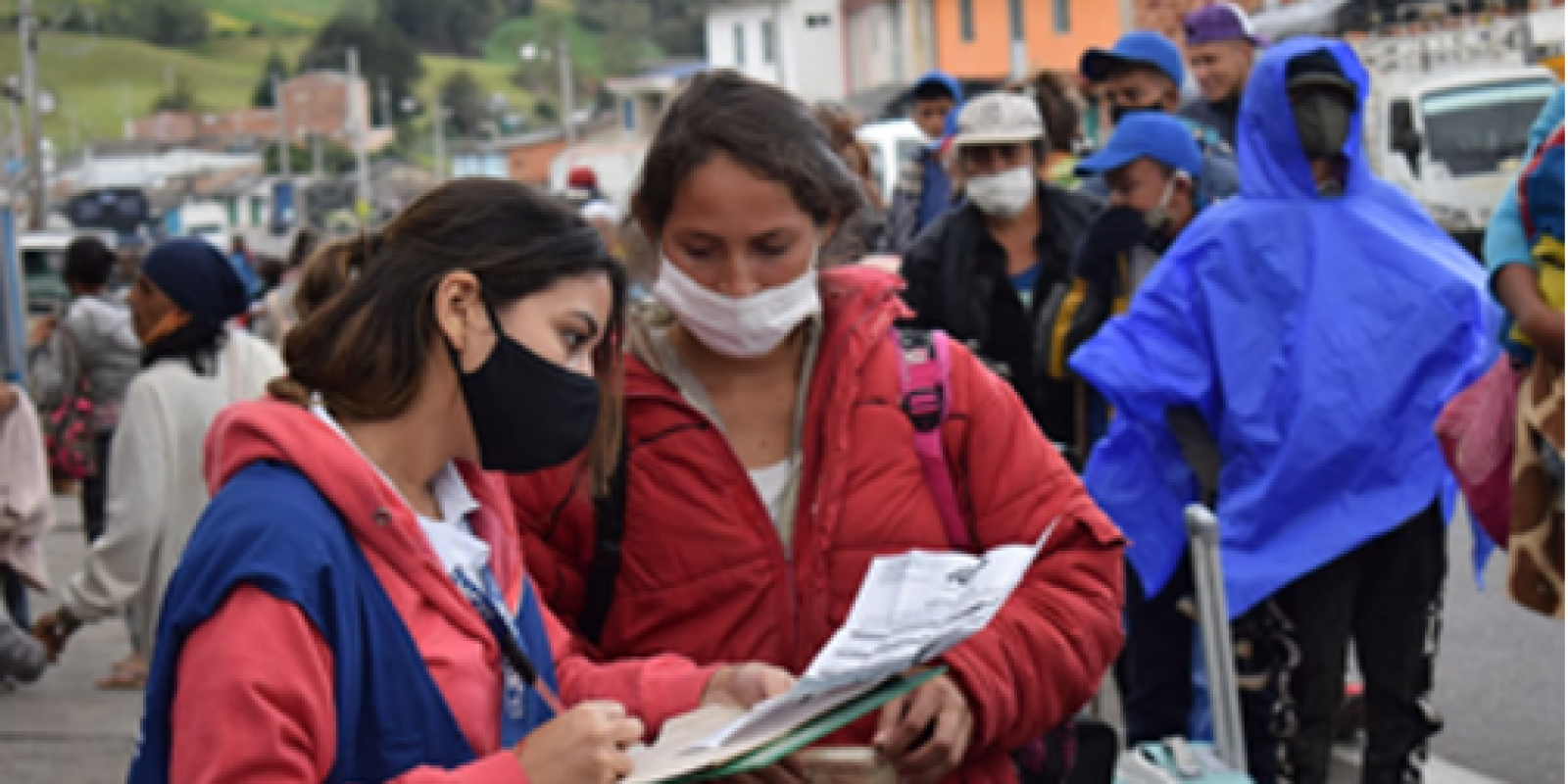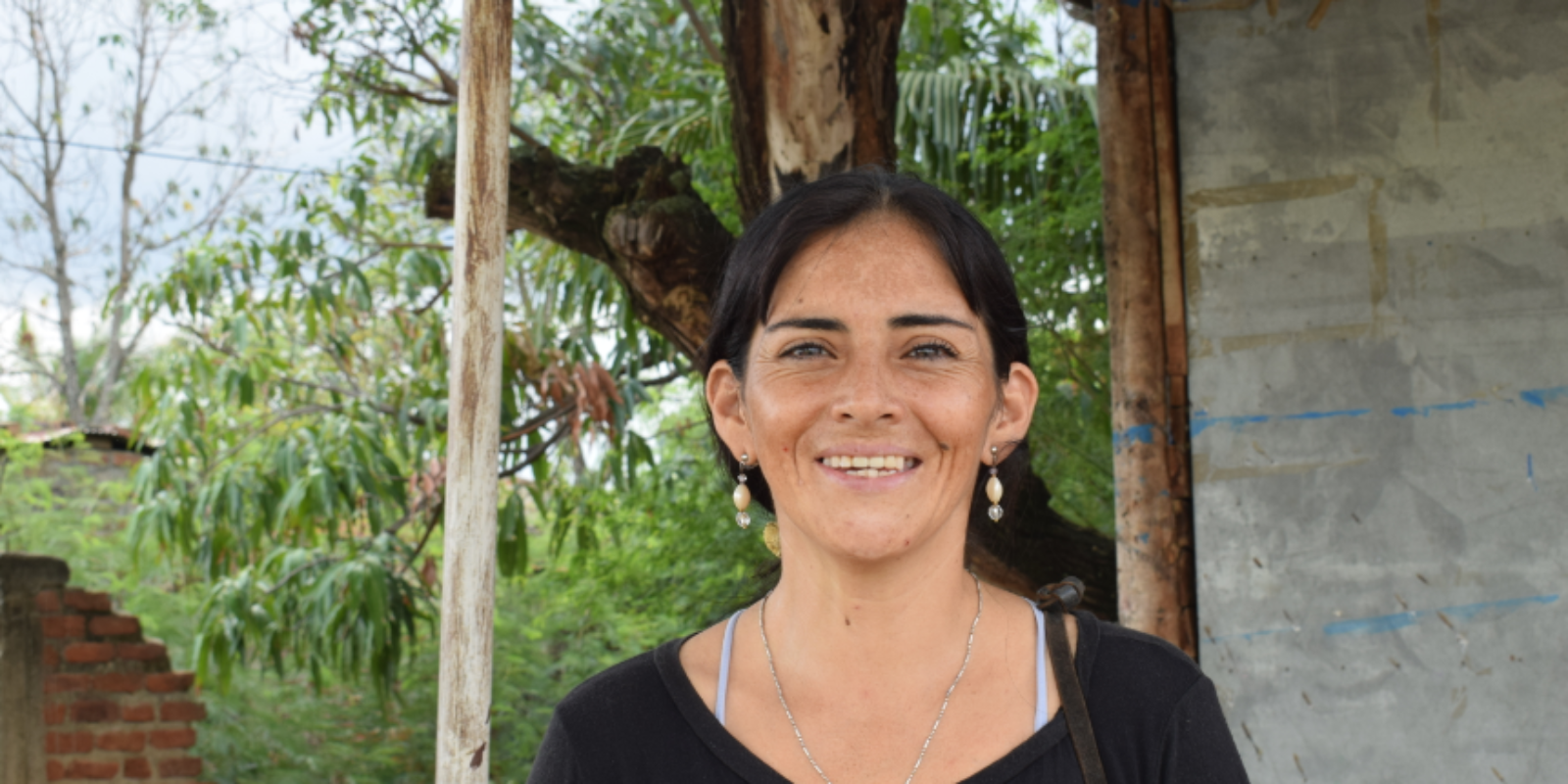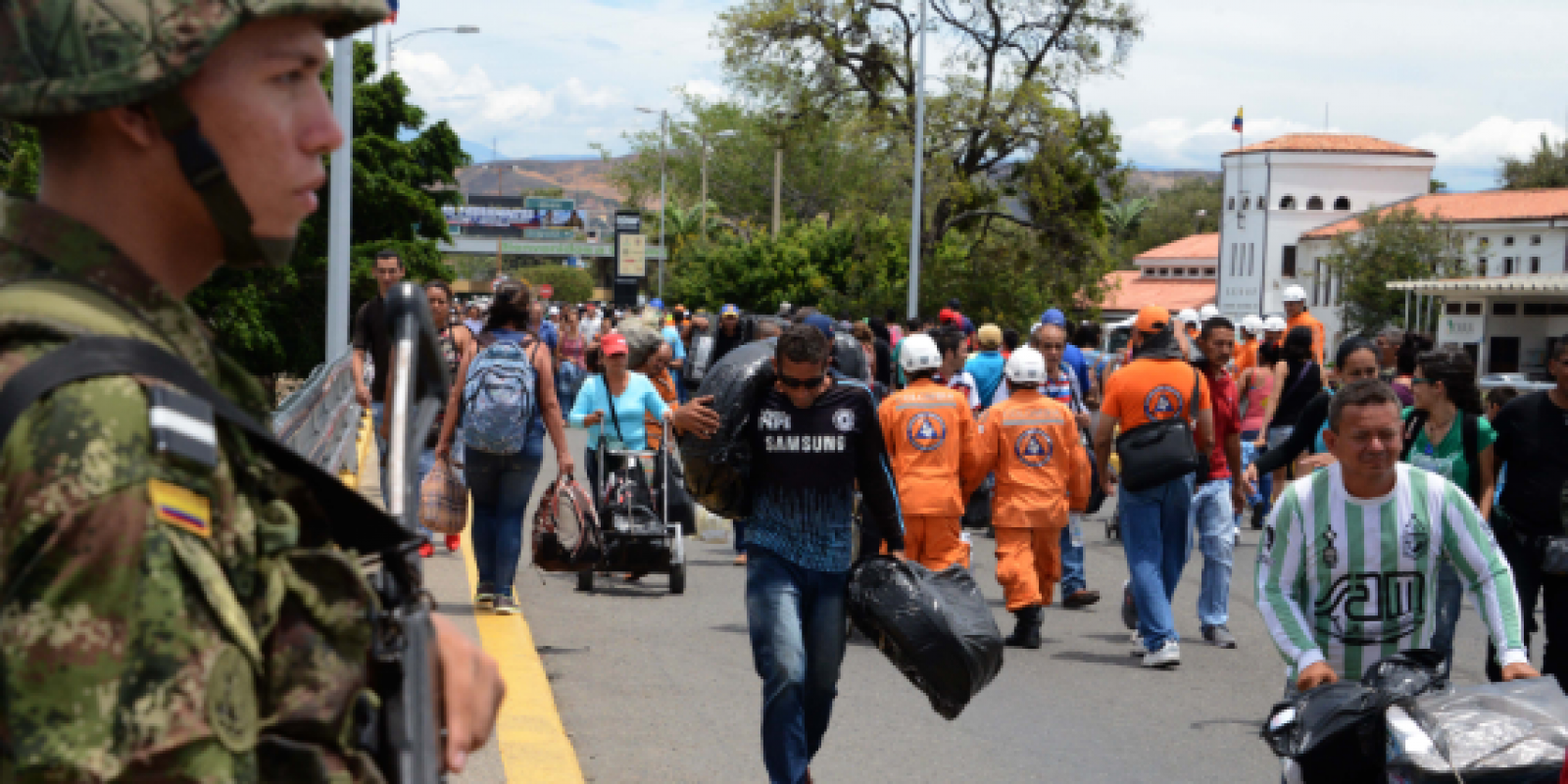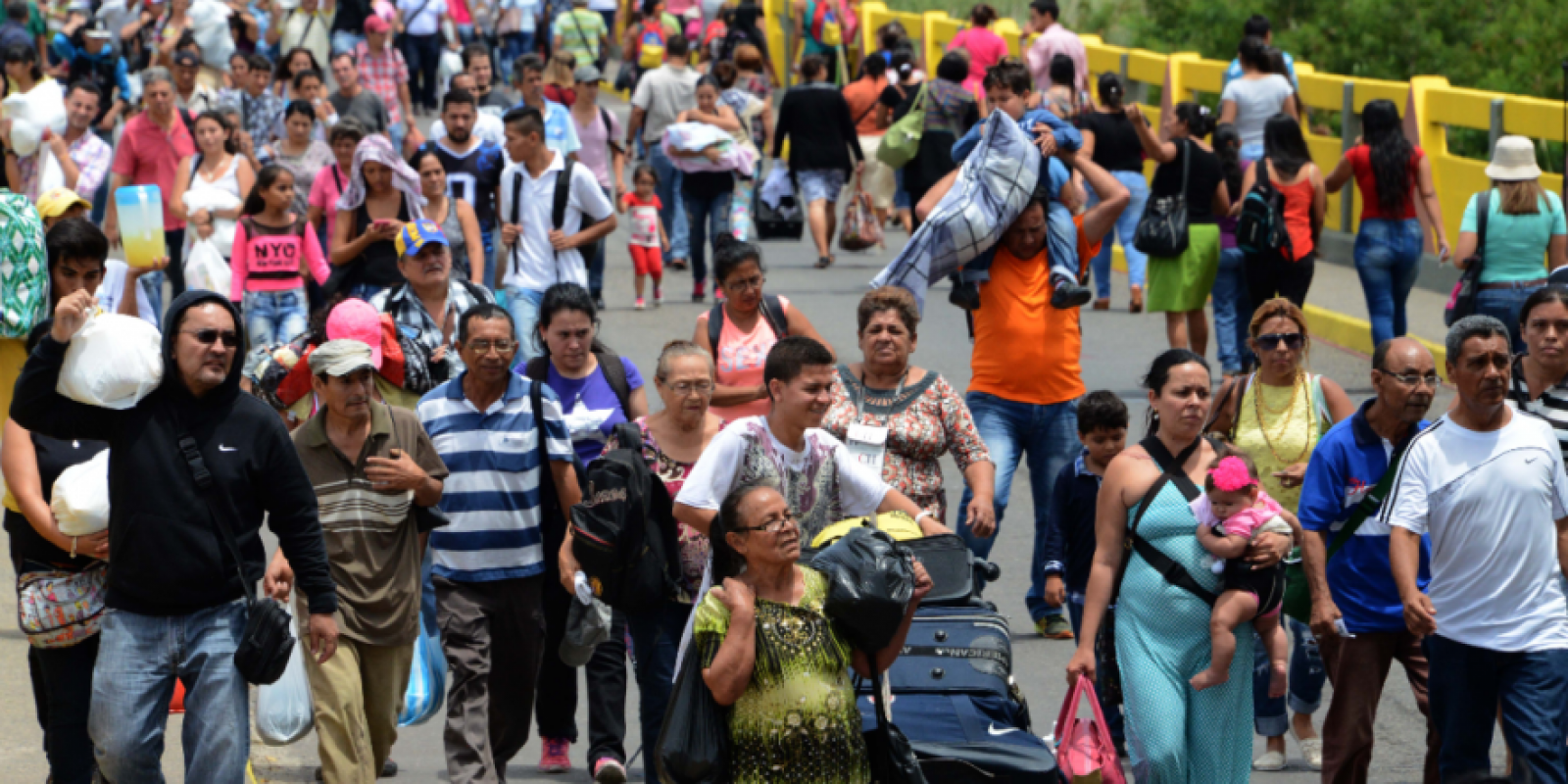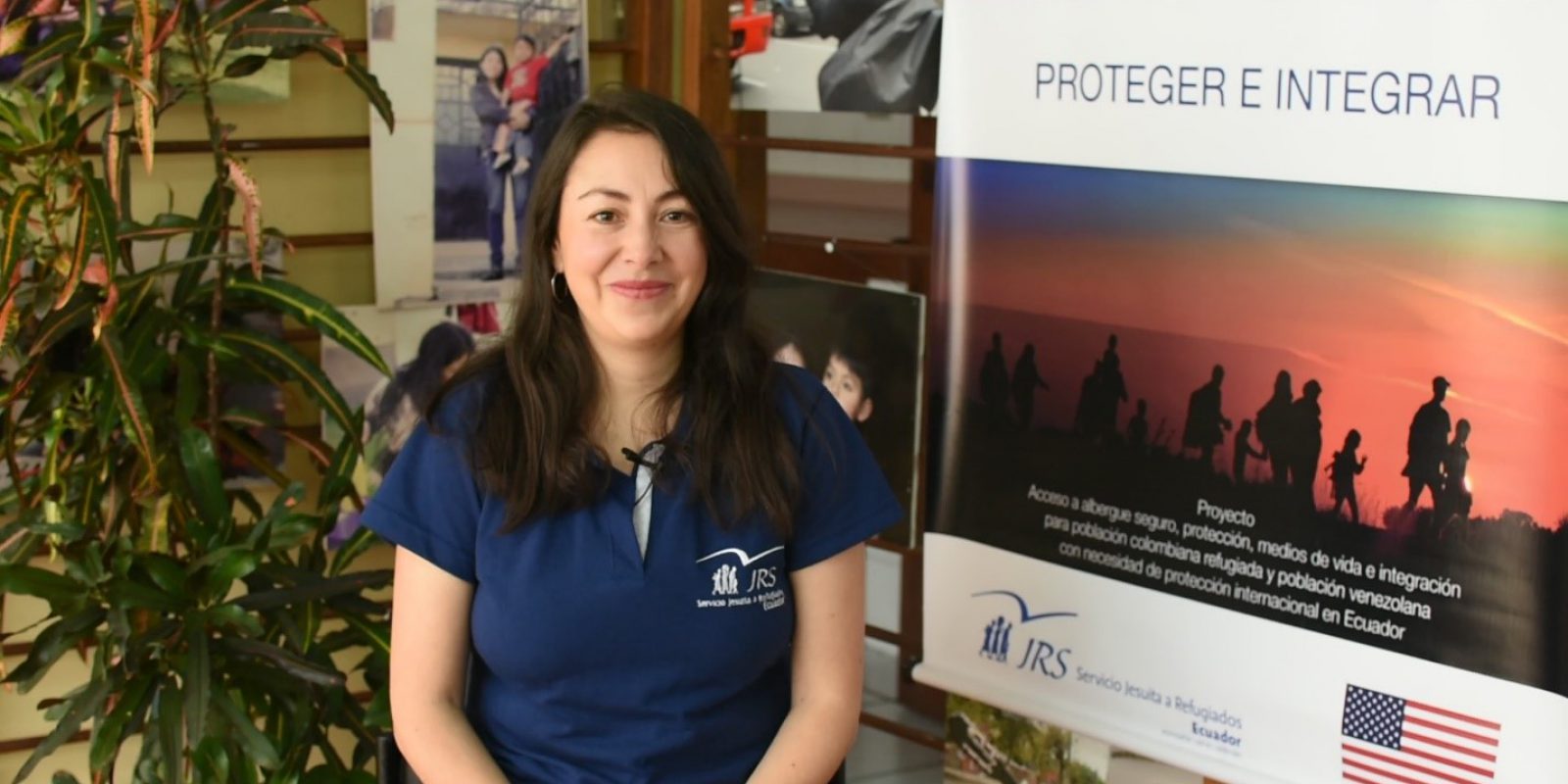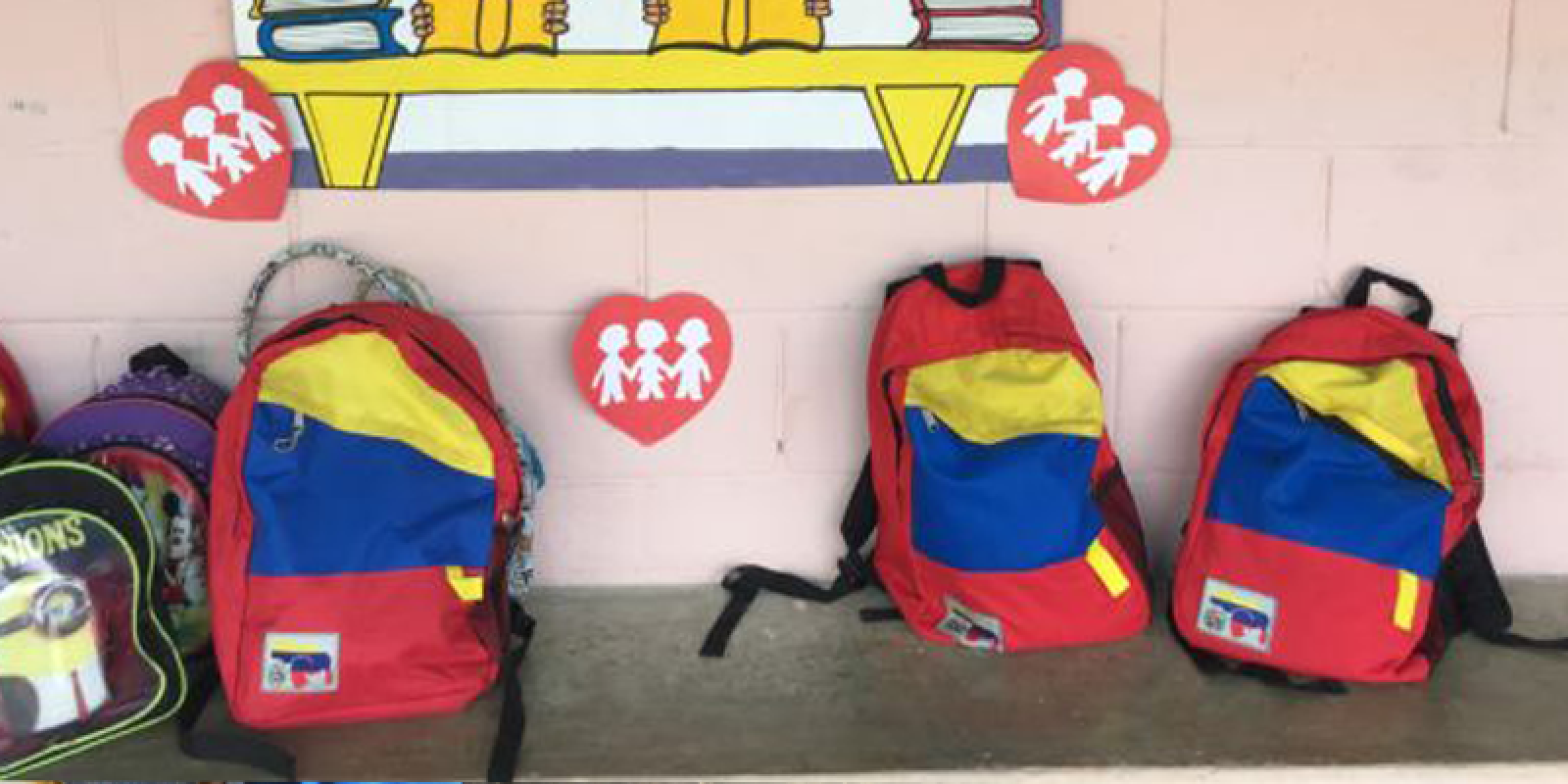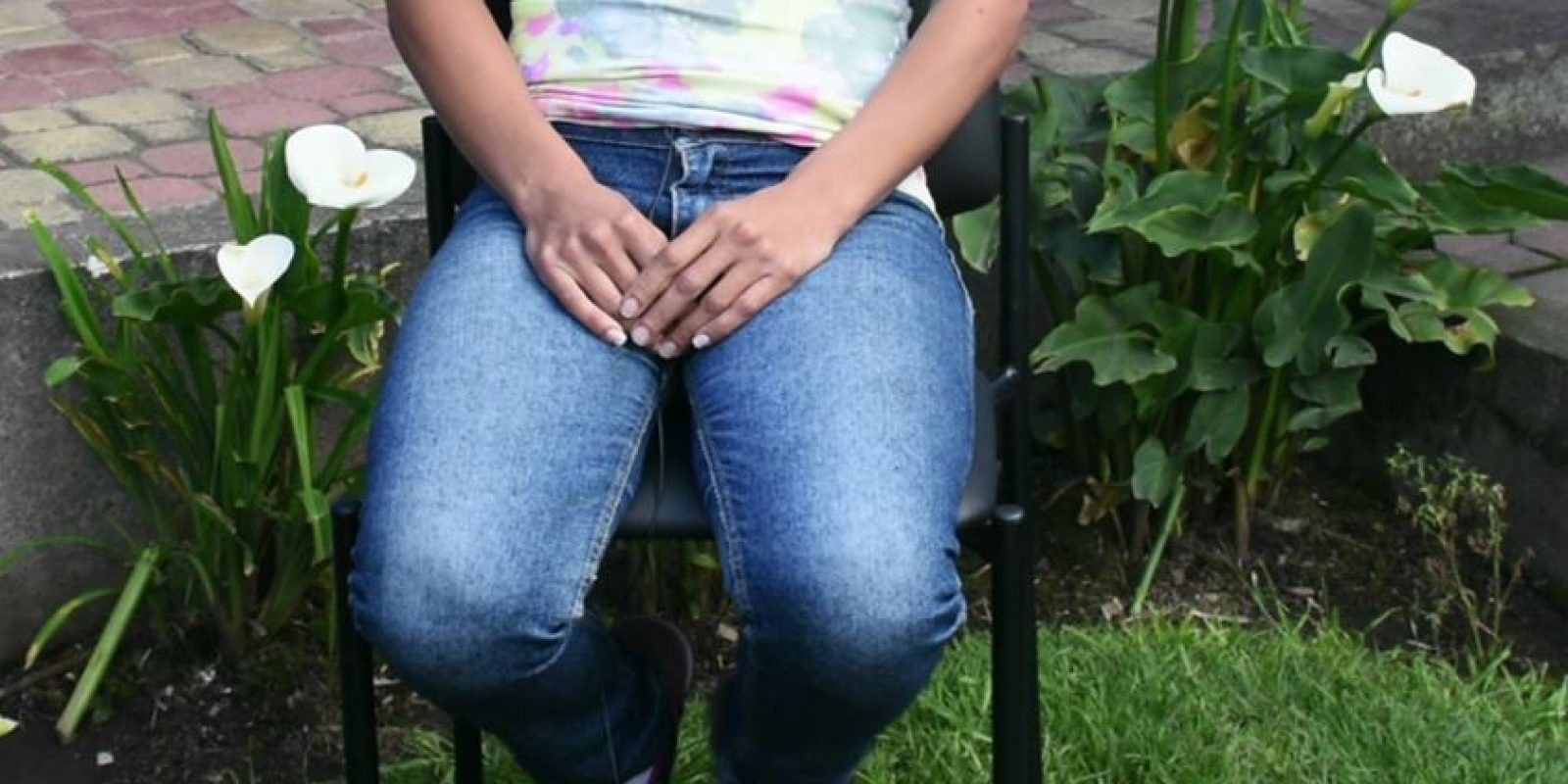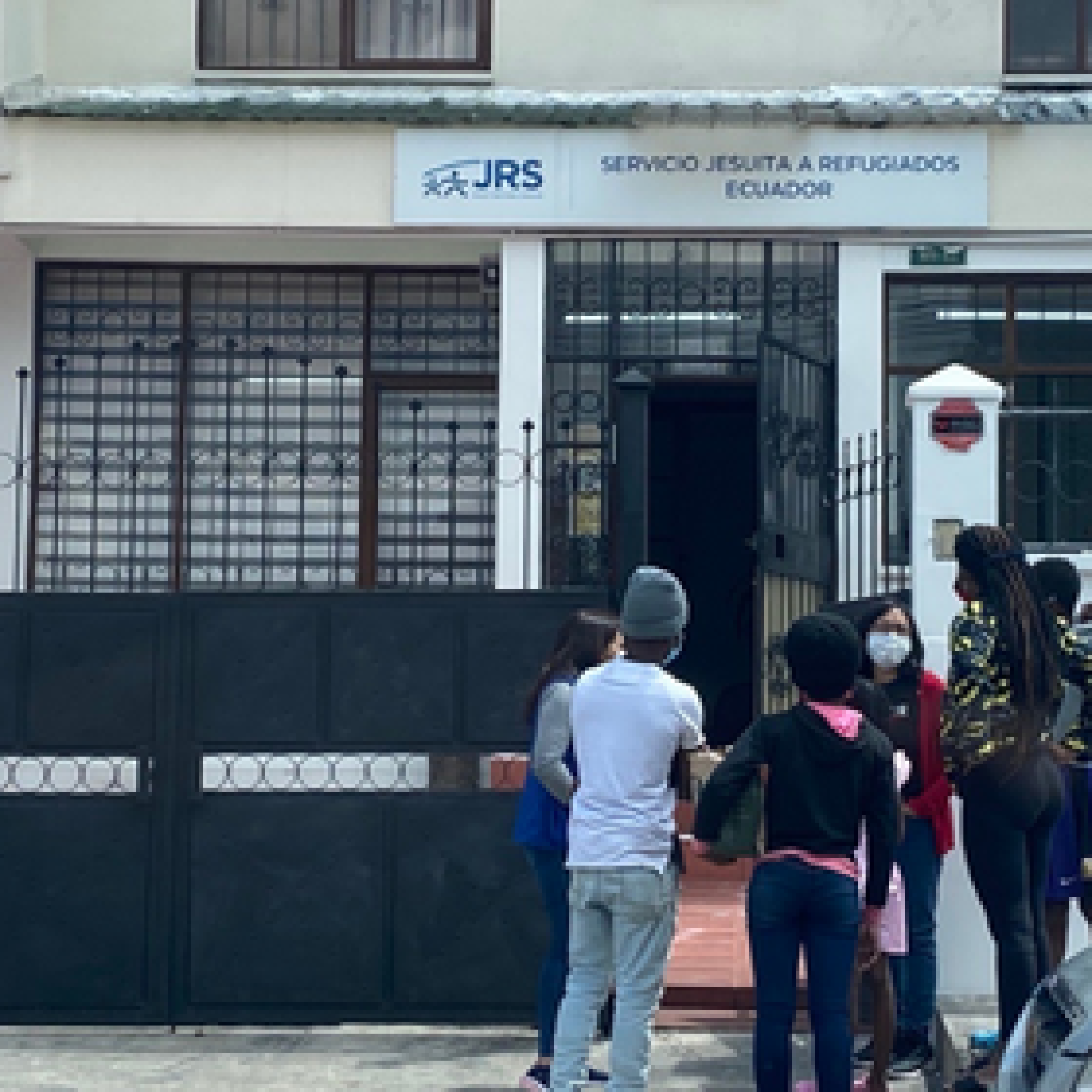
Venezuelan Refugee Crises
In Colombia, Venezuela, Haiti, Peru, and Ecuador, some of the most overlooked humanitarian crises are unfolding. The Venezuelan refugee and migrant crisis, unfortunately, persist with minimal international attention. The situation is deteriorating, witnessing over a million Venezuelan refugees and migrants leaving their homeland in 2022 alone.
By the end of 2022, almost a third of Venezuela’s population faced food insecurity, leaving nearly 20 million people in need of humanitarian assistance. Regrettably, only 36% of the required funding was provided. Despite any positive developments or signs of economic growth, the most vulnerable citizens in Venezuela are yet to see benefits, resorting to perilous journeys, including those through the notorious Darien Gap.
The number of refugees and migrants arriving from Venezuela into the Darien Gap has surged to over 150,000, a staggering 50 times more than in 2021. Venezuela continues to grapple with hyperinflation, Bolivar devaluation, and a deepening global economic crisis, receiving minimal international aid. Consequently, the situation in Venezuela is likely to remain dire in 2023. Migrants braving the Darien jungle often endure traumatic experiences, leaving both physical and psychological scars. While visible effects are prioritized, mental health is gradually gaining importance in migrant care, according to reports from Eco.
Colombia faced significant challenges due to conflicts, leading to entire communities being displaced, with over 100,000 people forcibly confined without access to necessities. Conflict-related displacement reached its highest point in over a decade. Inadequate resources strained support for the 2.4 million Venezuelan refugees and migrants in Colombia. Climate change and extreme weather events further exacerbated challenges, affecting refugees, migrants, and internally displaced persons. Over 7.7 million people in Colombia needed humanitarian assistance in 2022, with international media interest declining despite the escalating crisis.
Jesuit Refugee Service/Latin America and the Caribbean (JRS/LAC) operates across a spectrum of countries in the region, actively engaging in humanitarian efforts to address the complex challenges faced by refugees. The organization’s presence is notable in Colombia, where internal conflicts have led to substantial displacement. JRS/LAC works to provide essential resources and support for individuals forcibly uprooted from their homes in this context. In Venezuela, amidst an enduring refugee and migrant crisis, JRS/LAC is committed to addressing the multifaceted challenges faced by those seeking refuge from their homeland. Haiti, characterized by political instability, violence, and economic hardships, receives critical humanitarian support from JRS/LAC, focusing on the urgent needs of a population grappling with adversity.
In Peru and Ecuador, key transit countries for Venezuelan migrants, JRS/LAC undertakes vital programs to facilitate their integration and well-being. The organization adopts a comprehensive approach, encompassing education, livelihood support, and psychosocial services, recognizing the diverse and holistic needs of displaced individuals.
(PARTNERS LISTED HERE?)
JRS Work in LAC
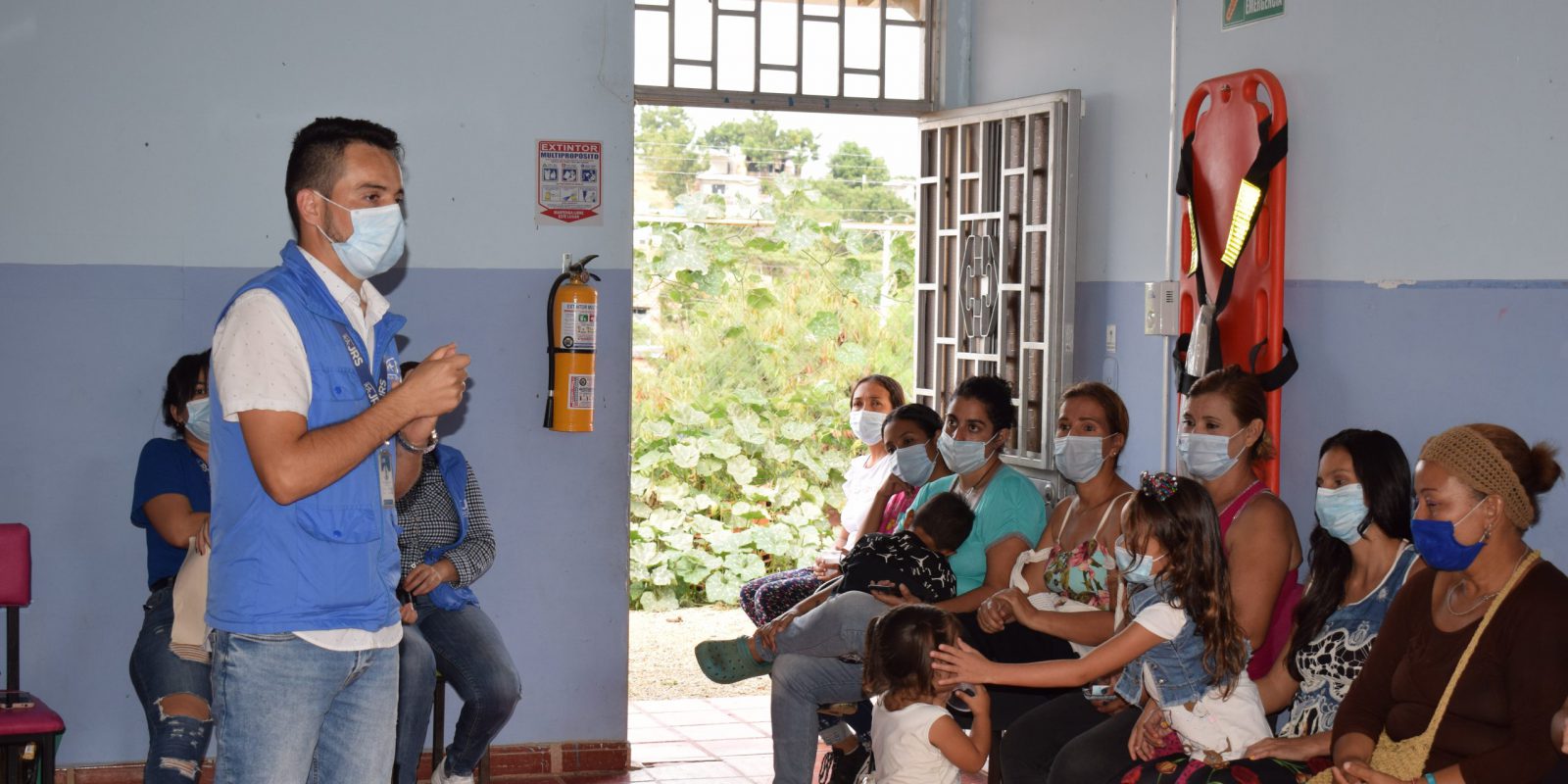
JRS Colombia: Assisting Displaced Persons Through Psychology
February 9, 2022
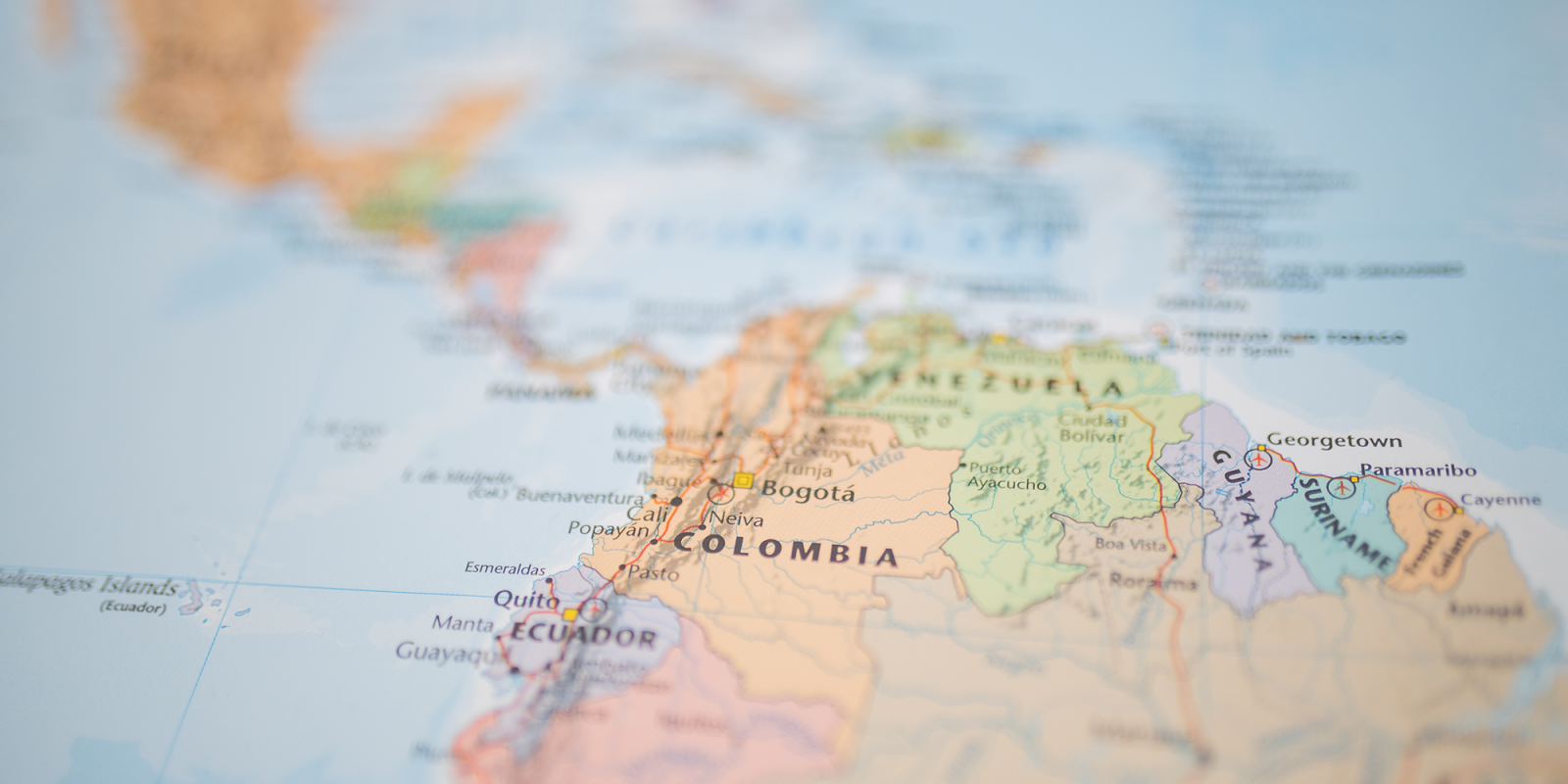
On the border of Venezuela & Colombia, one JRS filmmaker is breaking new ground
June 1, 2021
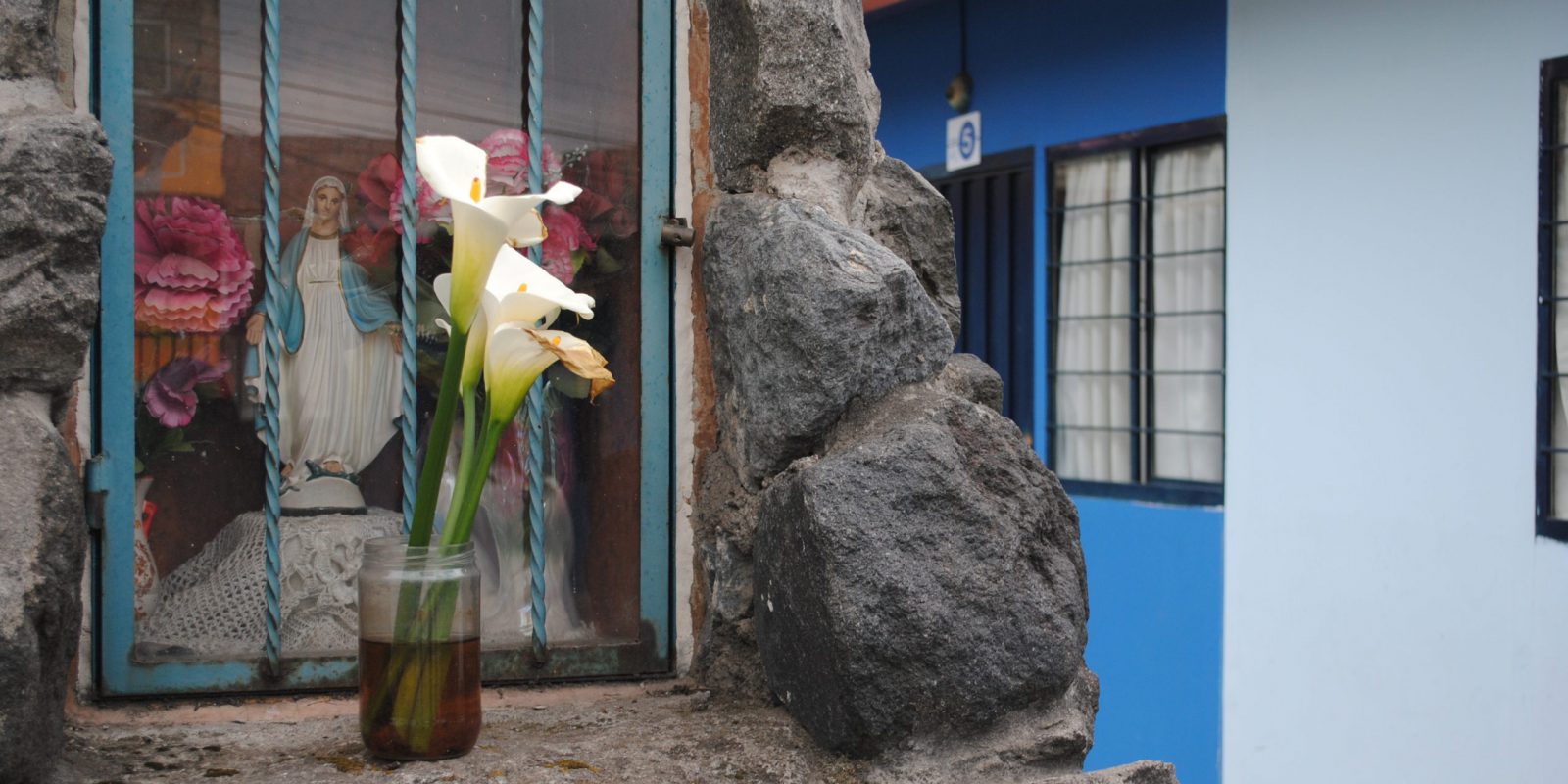
Ecuador: Protection and Safety for a Mother and Son
May 8, 2020

JRS Ecuador & PRM: Companionship in Esmeraldas
August 16, 2022
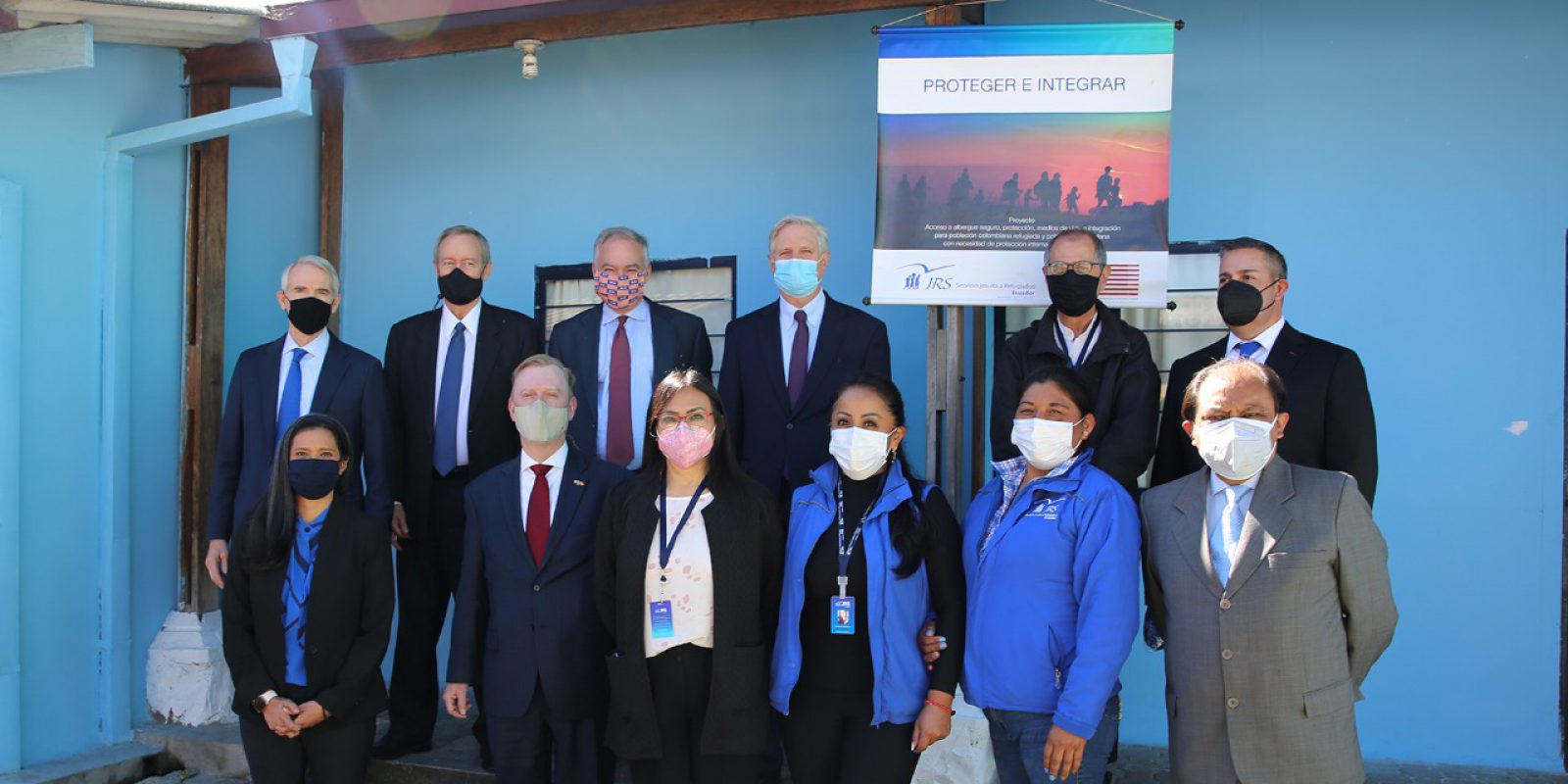
JRS Ecuador & PRM: US Senators Visit Migrant Shelter in Quito
July 27, 2021
